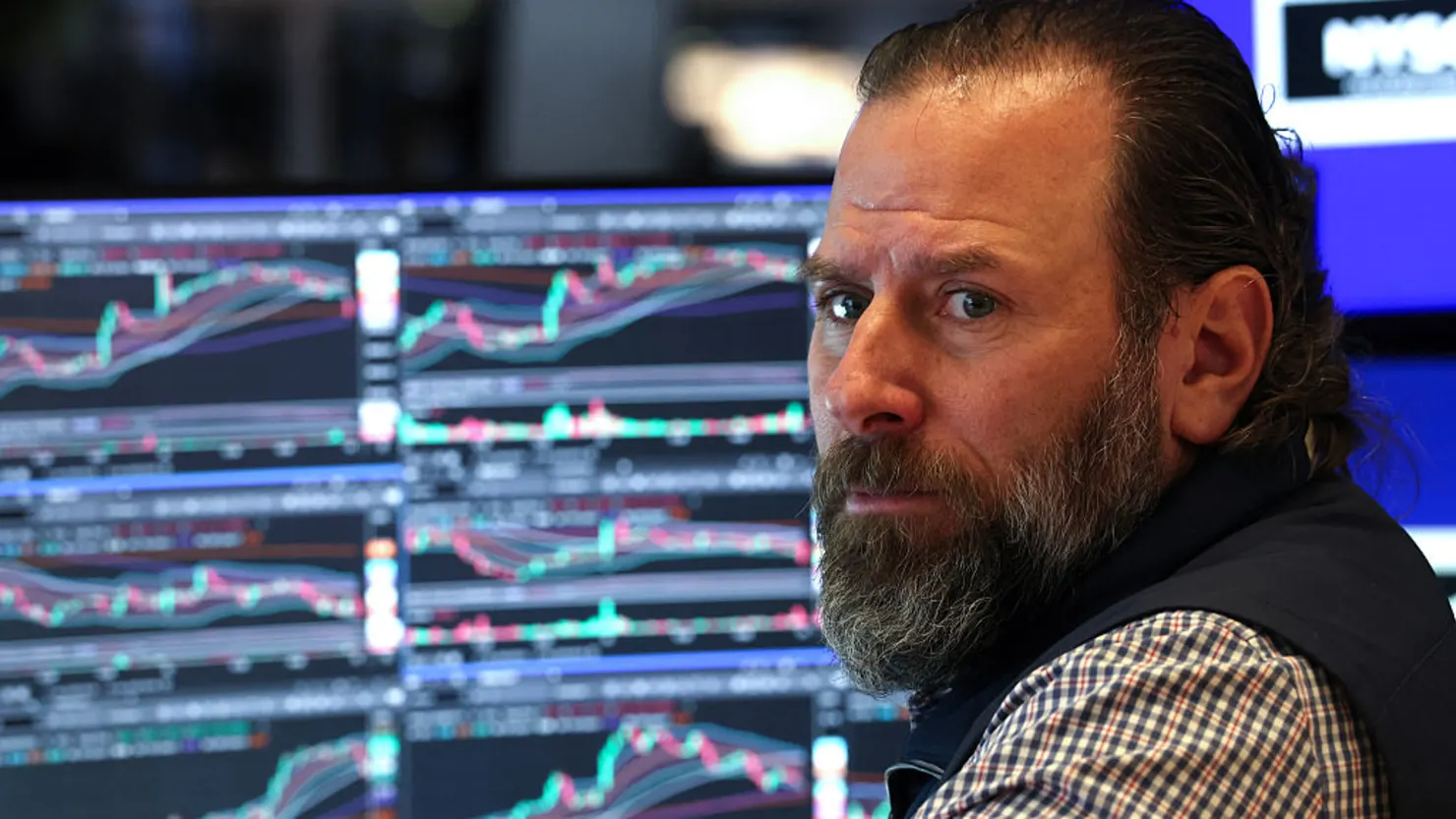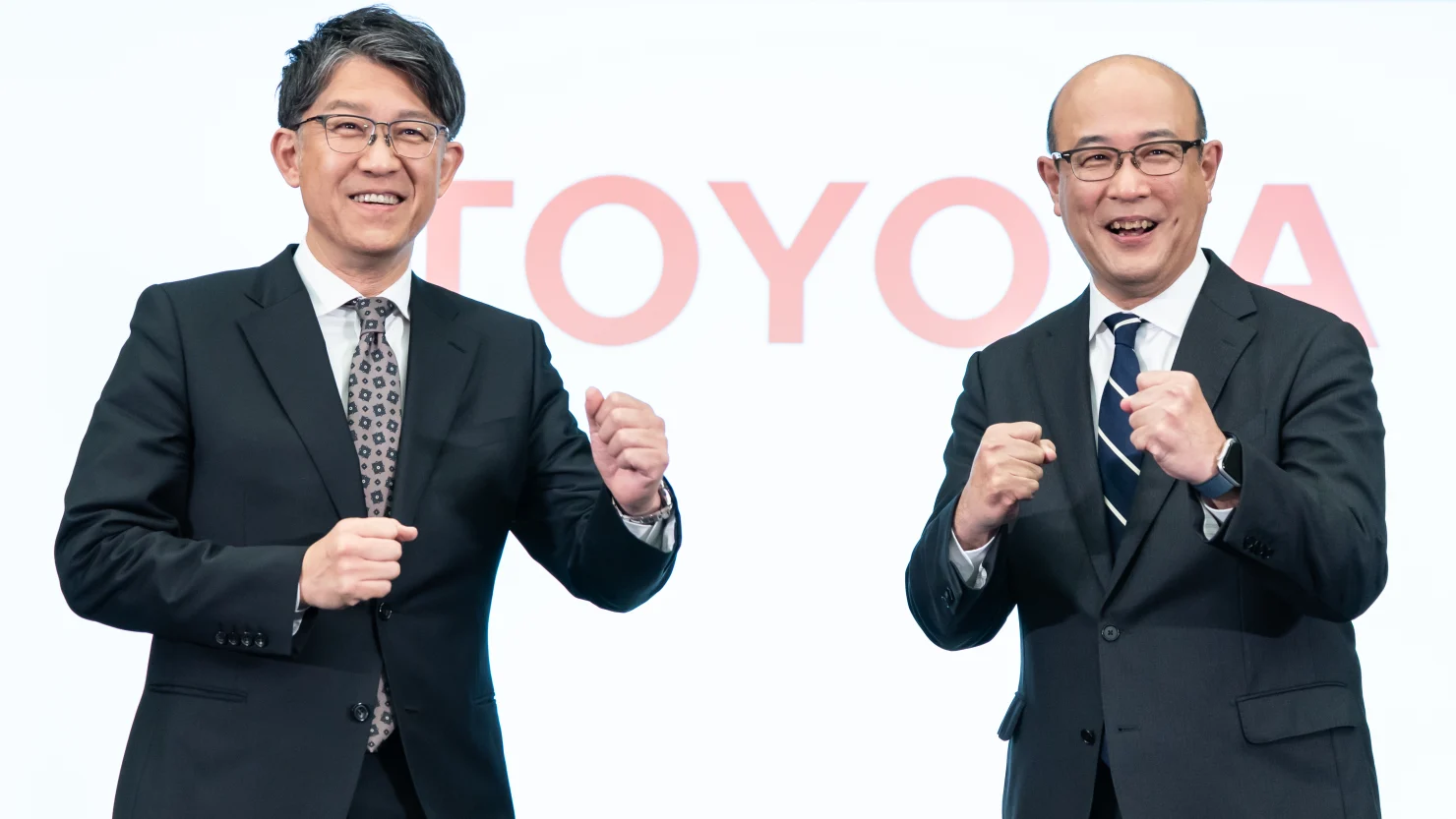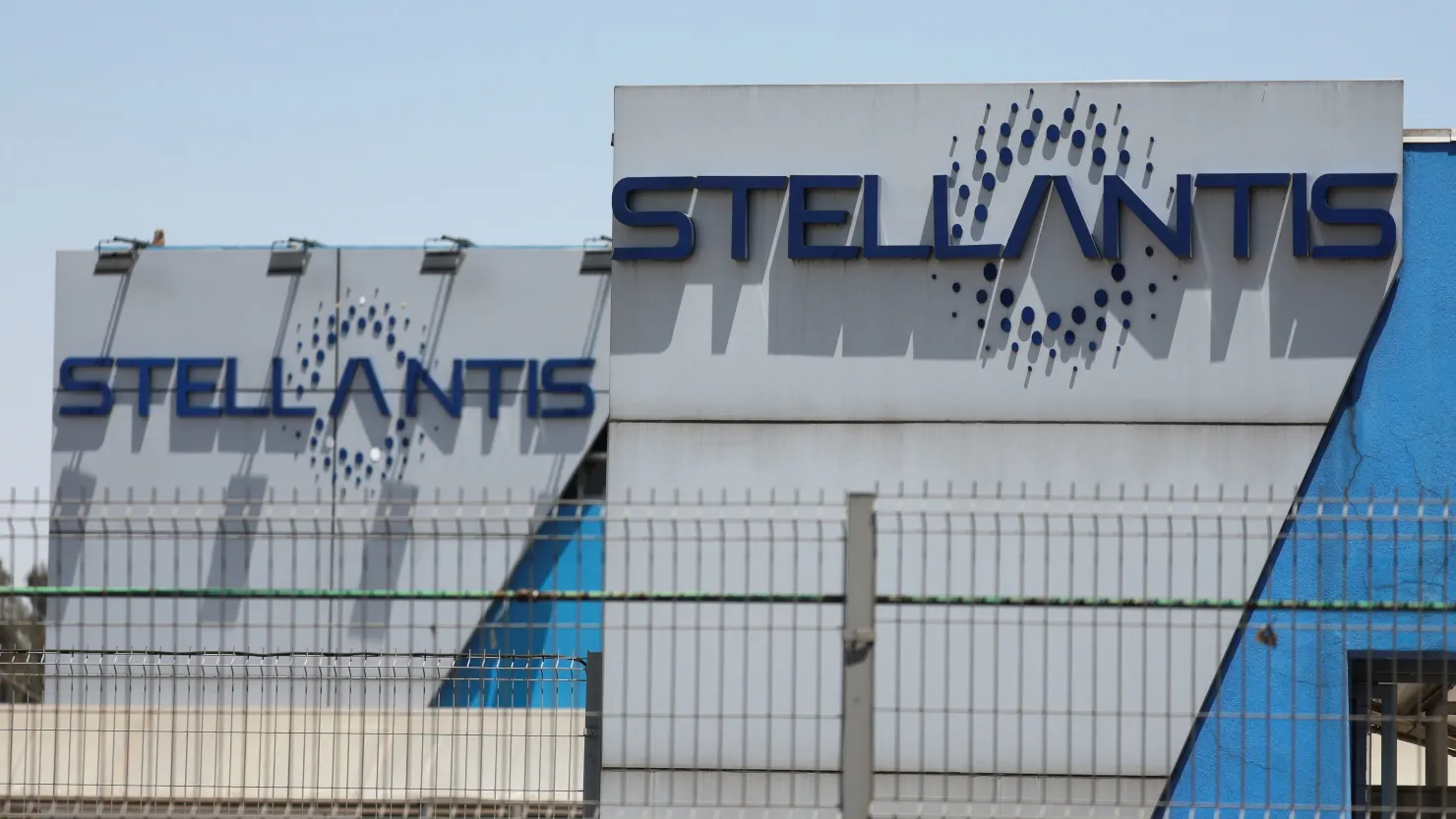The original story by
Corporate America’s mood music has changed. If you don’t see eye-to-eye with the boss, the message from a growing crop of CEOs is simple: there’s the door.
With DEI on the back foot, white-collar layoffs rising, and AI automating tasks once guarded by office workers, executives are asserting control. Palantir’s Alex Karp this week cast his company as “the first … completely anti-woke,” touting meritocracy and “lethal technology” while praising work with federal agencies. AT&T chief John Stankey told staff the old “employment deal” built on loyalty and tenure is over, and GitHub’s Thomas Dohmke has warned engineers to embrace AI or watch their careers stall.
The sharp tone is a break from the post-#MeToo and post-George Floyd era, when boardrooms leaned into diversity pledges and labor had uncommon leverage amid a hot job market. Now, workers are “job-hugging,” perks are thinning, and companies are investing heavily in AI tools to do more with fewer people.
“It’s all about control,” says Bentley University lecturer Jeff LeBlanc.
Wharton’s Peter Cappelli adds that once a few leaders speak bluntly, others quickly follow: expect more get-tough talk as executives feel the pendulum on power has swung back their way.
That ethos is showing up in day-to-day rules. Some CEOs are drawing bright lines on remote work, telling employees to get back to hubs or get out. Others are treating AI use as table stakes. Shopify’s Tobi Lütke has said teams must prove AI can’t do the job before they ask for more headcount. Coinbase’s Brian Armstrong mandated AI onboarding for engineers and parted ways with those who didn’t comply. The subtext: your tools, hours and even attitudes are no longer yours alone to set.
Politics, once carefully quarantined from company memos, is bleeding in too. The Trump administration’s early blitz on DEI has emboldened leaders who rail against “woke-ism.” Karp used an earnings call to knock multiculturalism and align Palantir with hawkish foreign-policy stances. Others are quieter, wary of drawing attention in a polarized climate or imperiling government work, but the ambient pressure is unmistakable.
It’s not just hard-right voices, and it’s not entirely consistent. Some executives who once branded themselves as progressive have shifted tone with the winds. Salesforce’s Marc Benioff briefly called for the National Guard to tackle San Francisco crime before walking it back. Mark Zuckerberg locked Trump out of Facebook at the end of his first term, then tweaked moderation policies to fit the new Washington four years later. Even Nvidia’s typically apolitical Jensen Huang tossed off a line thanking a crowd for “making America great again.”
Why now? Economics, mostly. When jobs are plentiful, employees have leverage and leaders court them. When demand softens and automation rises, managers dictate the terms. As USC’s Jennifer Deal puts it, organizations aren’t democracies; leaders set direction, and those who don’t like it can leave. That’s easier to say when résumés are piling up and applications flood remote-friendly rivals.
None of this is guaranteed to last. University of Colorado Denver’s Wayne Cascio expects the cycle to turn; when hiring tightens and talent gets scarce again, hardliners will have to soften or pay up. What won’t change is the record. The internet doesn’t forget, and the quotes collected in memos, town halls and earnings calls will be there the next time the pendulum swings.










The latest news in your social feeds
Subscribe to our social media platforms to stay tuned